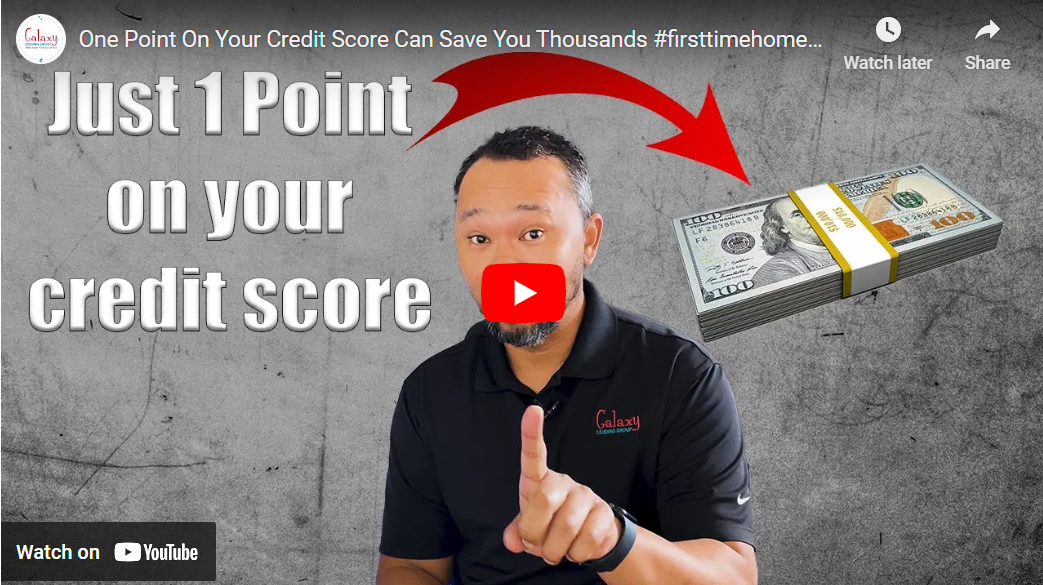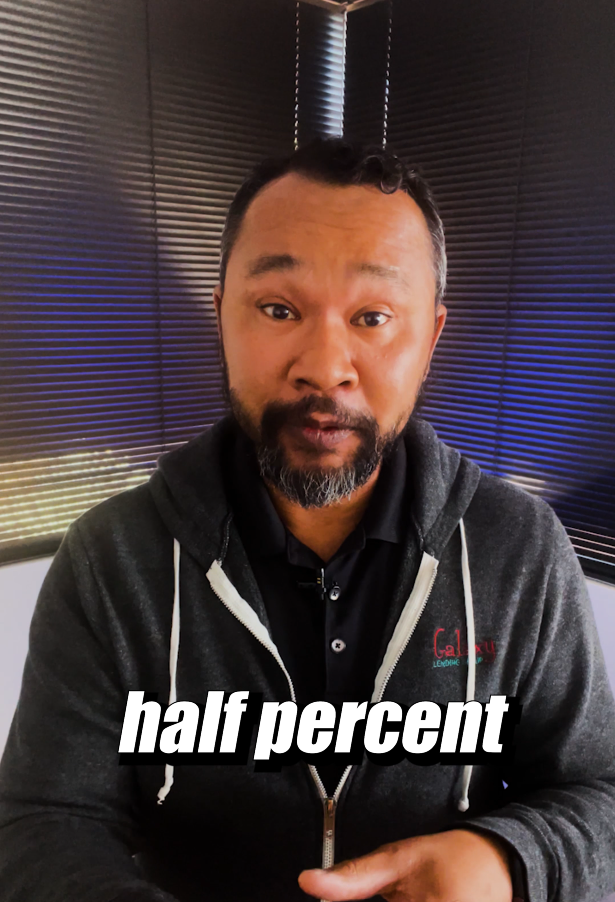Top 10 Student Loan Tips For New Graduates
Maybe you just graduated, or decided to take a break from school, or possibly got a jump-start on repaying your student loans, these ten tips will help you keep your student loan debt under control.
What this means is that fees and extra interest costs are avoidable, affordable payments are doable, and you can protect your credit score. If you are struggling to find a job or keep up with your school loans, there’s important information to learn from this article.
1. Be Aware of Your Loans
It is extremely important to keep track of the lender, balance, and repayment status for each of your student loans. These particular details define your options for loan repayment and your amount of forgiveness. If you aren’t quite sure, ask your loan lender or visit the National Student Loan Data System. You are able to log in to your own account and see the amount of your loans, your lender(s), and the repayment status for any/all of your federal loans. If there are loans that are absent from the list, they are most likely private, non-federal, loans. For those particular loans, try to find one of your recent billing statements or the original paperwork you signed for the loan. Contact your school if you can’t seem to locate either documentation.
2. Know What Your Grace Period Is
It’s important to be cognizant of the fact that different loans have different grace periods. A grace period is the amount of time you’re allowed to wait after leaving school or graduating, before you have to start making payments on your loans. The grace period for federal Stafford loans is six months, and nine months for federal Perkins loans. Federal PLUS loans are different, their grace period depends on when they were issued (see details). Grace periods for private student loans vary, so consult your paperwork or contact your lender to find out more information. It’s important that you don’t miss your first payment!
3. Stay in Contact with Your Lender
If you move, change your phone number, or email address make sure to alert your lender as soon as possible. If your lender needs to get in touch with you and your information isn’t current, it can be a costly mistake and end up costing you a pretty penny. Make sure to open and read every piece of mail that you receive, print and electronic, that mentions your student loans. If you’re getting calls from your lender or collection agency, suck it up and pick up the phone, it’s better to know what’s going on then rack up your debt. Lenders are supposed to work with borrowers and to work on resolving problems, and collection agencies are required to follow certain rules. Ignoring your bills can lead to default, which long-term can have very severe consequences.
4. Choose the Correct Repayment Option
When it’s the due date for all of your federal loans, your loan payments will automatically be based on a standard ten-year repayment plan. If the standard payment is difficult for you to pay off, there are other options to pick from, and you have the ability to change payment plans down the road if you need to or want to.
Choosing to extend your repayment period beyond ten years can lower your monthly payments, but keep in mind; you will end up paying more interest…maybe a lot more interest over the entire life of the loan.
There are other options for student loan borrowers that are income-driven repayment plans. Examples of this are an Income-Based Repayment and Pay As Your Earn plan, these cap your monthly payments at a reasonable percentage of your income per year. They also forgive any debt that is remaining after (no more than) 25 years, this depends on the plan, of affordable payments. Forgiveness may become available after ten years of these payments for borrowers in the public and nonprofit sectors. To learn more about these payment plans, visit this website.
It is important to note that not all private loans are eligible for IBR or other federal loan payments plans, deferments, forbearances, or forgiveness programs. Although, your lender may offer a type of forbearance, usually a fee, or there may be a slight chance for you to make interest-only payments for a short period of time. Read your original private loan paperwork thoroughly and then approach your lender and inquire about the repayment options that are available to you.
5. Never Panic
If you are struggling to make payments on your loans because of unemployment, health problems, or other unforeseen financial challenges, it’s important to remember that options do exist for managing your federal student loans. There are valid ways to momentarily postpone your federal loan payments, with deferments and forbearance. An unemployment deferment would be the right choices if you’re having a difficult time finding work. But be careful, interest accrues on all types of loans during forbearances, and also on some loans during a deferment. This increases your overall total debt; so make sure to ask your lender about making interest-only payments if you can afford it in the long run.
If you assume your income to be lower than you’d expected for a couple of months, inquire about Income-Based Repayment. A required payment in IBR can be as little as $0 when your income is extremely low.
6. Avoid Getting Into Trouble
Disregarding student loans has severe consequences that can follow you throughout your lifetime. Not paying them can lead to default and delinquency. Federal loans for instance, the default kicks in after nine months of not paying. When you default, the entire balance of your loan becomes dues, your credit score plummets, and the total amount due greatly increases, and the government has the opportunity to garnish your wages and seize your tax refunds. Don’t default!!
Private loans have the ability to default much more rapidly and have the ability for anyone who co-signed your loan to be at risk as well. Talk to your lender immediately if you’re looking at a default. If you need more helpful information visit Student Loan Borrower Assistance.
7. Lower Your Principal If Possible
When making a federal student loan payment, late fees are covered first, then your interest, and lastly, the principal. If you have the ability and can afford to pay more than what is required for your monthly payment (every payment, or now and again) you will be able to lower your principal. This ultimately lowers the total amount of interest you have to pay over the course of the loan. Make sure to include a hand-written request to your lender, and make sure that the extra amount of money that you are paying is applied to your principal. Otherwise, the amount you sent will be applied automatically to future payments instead of your principal. Always keep copies of what you do for your records, and check after the overpayment was applied to make sure it was applied to the right place.
8. It’s Wise to Pay Off the Most Expensive Loan First
Thinking about paying off one or a couple of your loans ahead of schedule? Or are you maybe trying to reduce your principal? The smart choice is to start with the loan that has the highest interest rate. If you have private loans on top of federal loans, start with the private loans, they usually have the higher interest rates and lack a flexible payment plan.
9. Consolidate or Not to Consolidate
Consolidating a loan combines multiple loans into one for a single monthly payment and one fixed interest rate. If this is appealing to you, here are a few pros and cons that you should consider before doing so.
There is the ability to consolidate your federal student loans through the Direct Loan program, and the calculator helps you figure out what your interest rate will be. For private consolidation loans, make sure to shop around carefully for a low or fixed interest rate if you aren’t able to find one, don’t forget to read the fine print.
It’s important to never consolidate federal loans into a private student loan. If you do, you will lose all of the repayment options and borrower benefits that you could get. Some of these benefits are unemployment deferments and loan forgiveness programs. Choose federal loans!
10. Loan Forgiveness
There is a multitude of programs that will forgive some or all of your federal student loans if you find a job in a certain field or if you are hired by a certain type of employer. Public Service Loan Forgiveness is a federal program that forgives any student debt that is remaining after 10 years of qualifying payments, but this is only for people in a government position, nonprofit, and any other public service jobs. Find out more information about this here. Keep in mind; there are other federal loan forgiveness options that are available for teachers, nurses, AmeriCorps and PeaceCorps volunteers, some other professions, and some state, school, and private programs.





